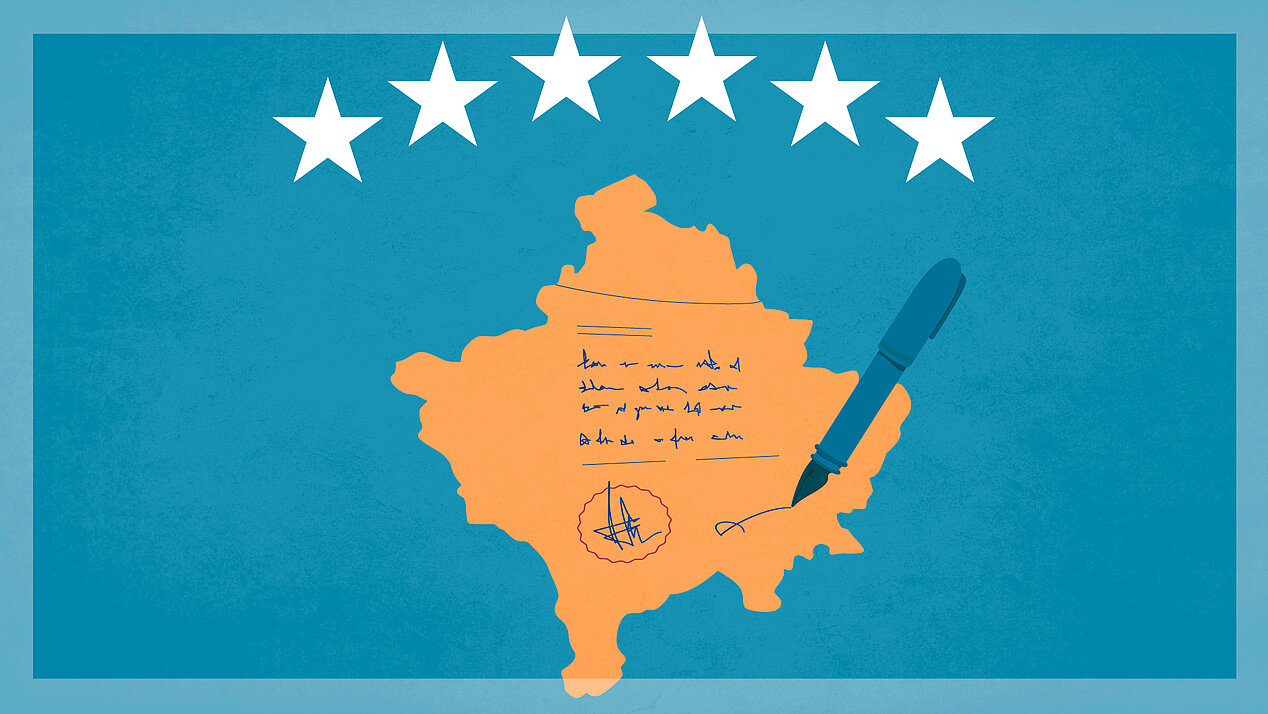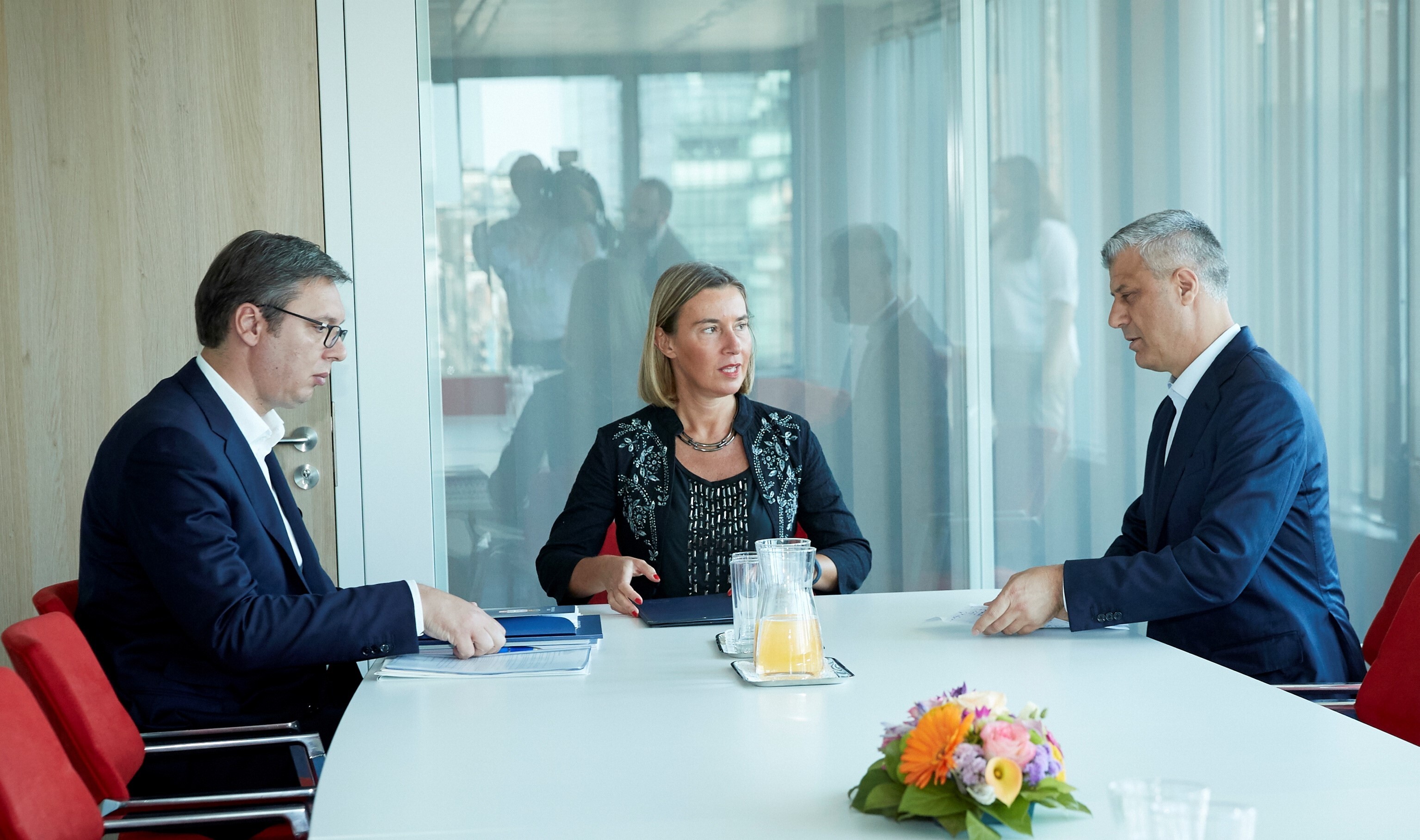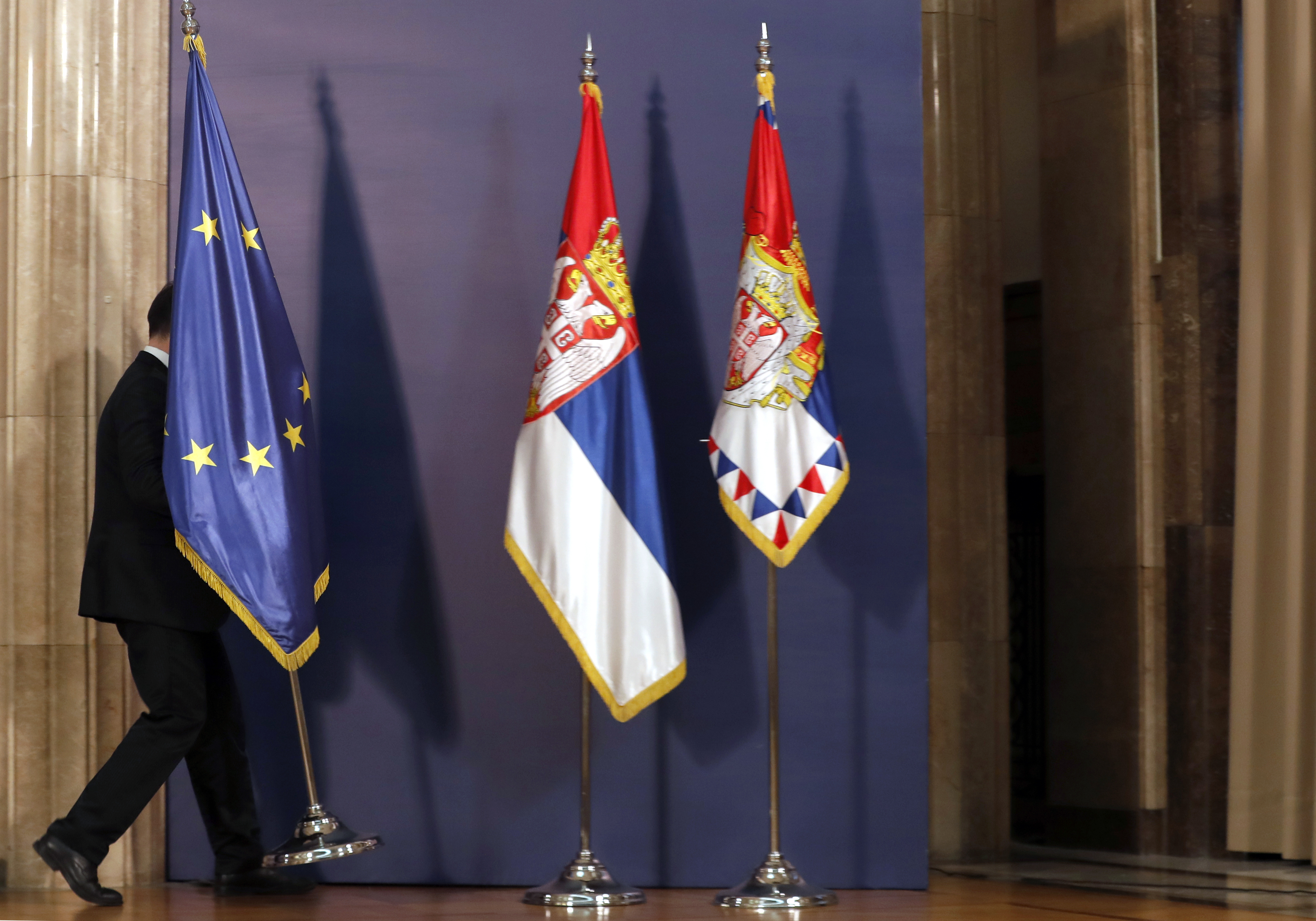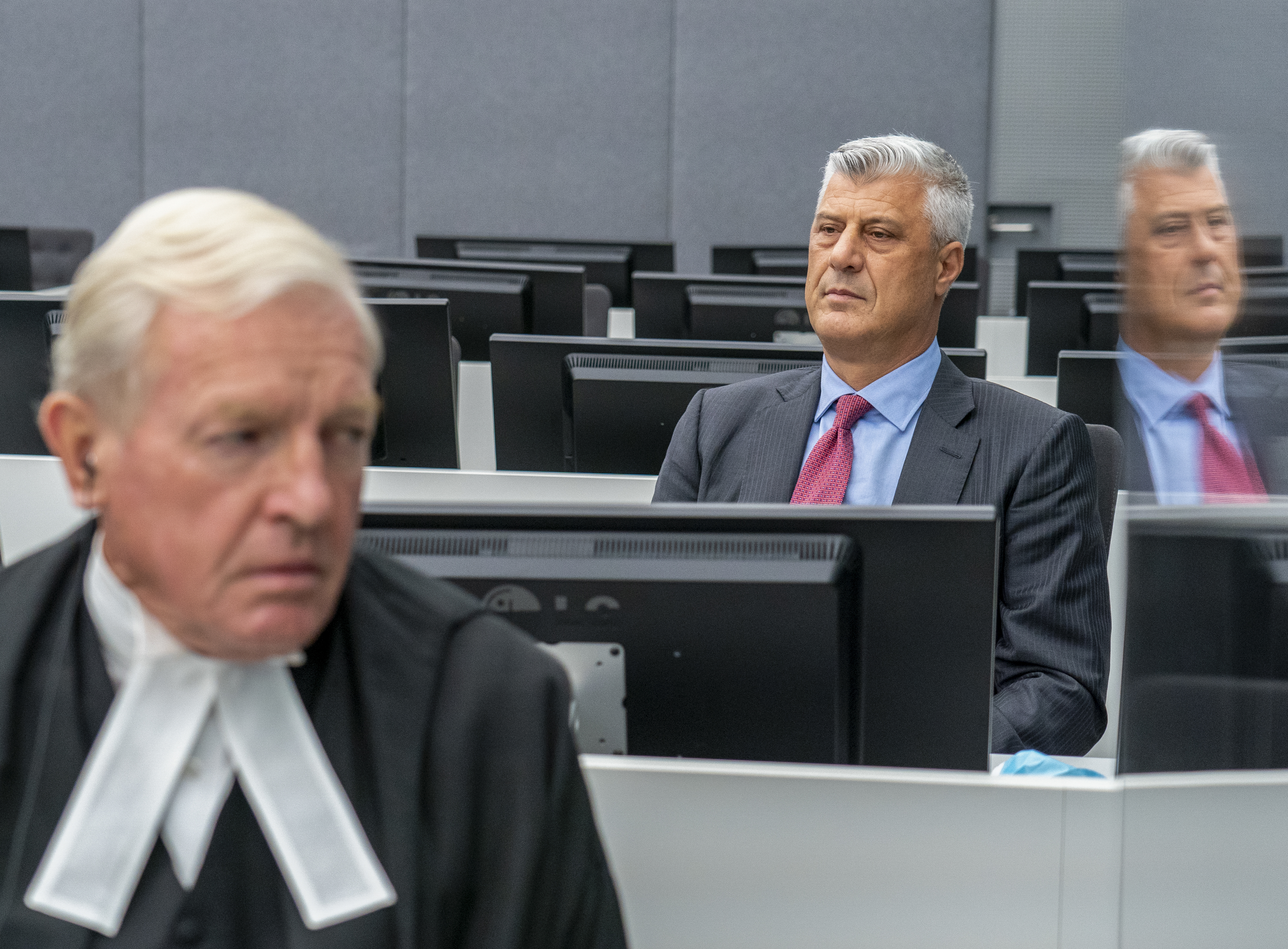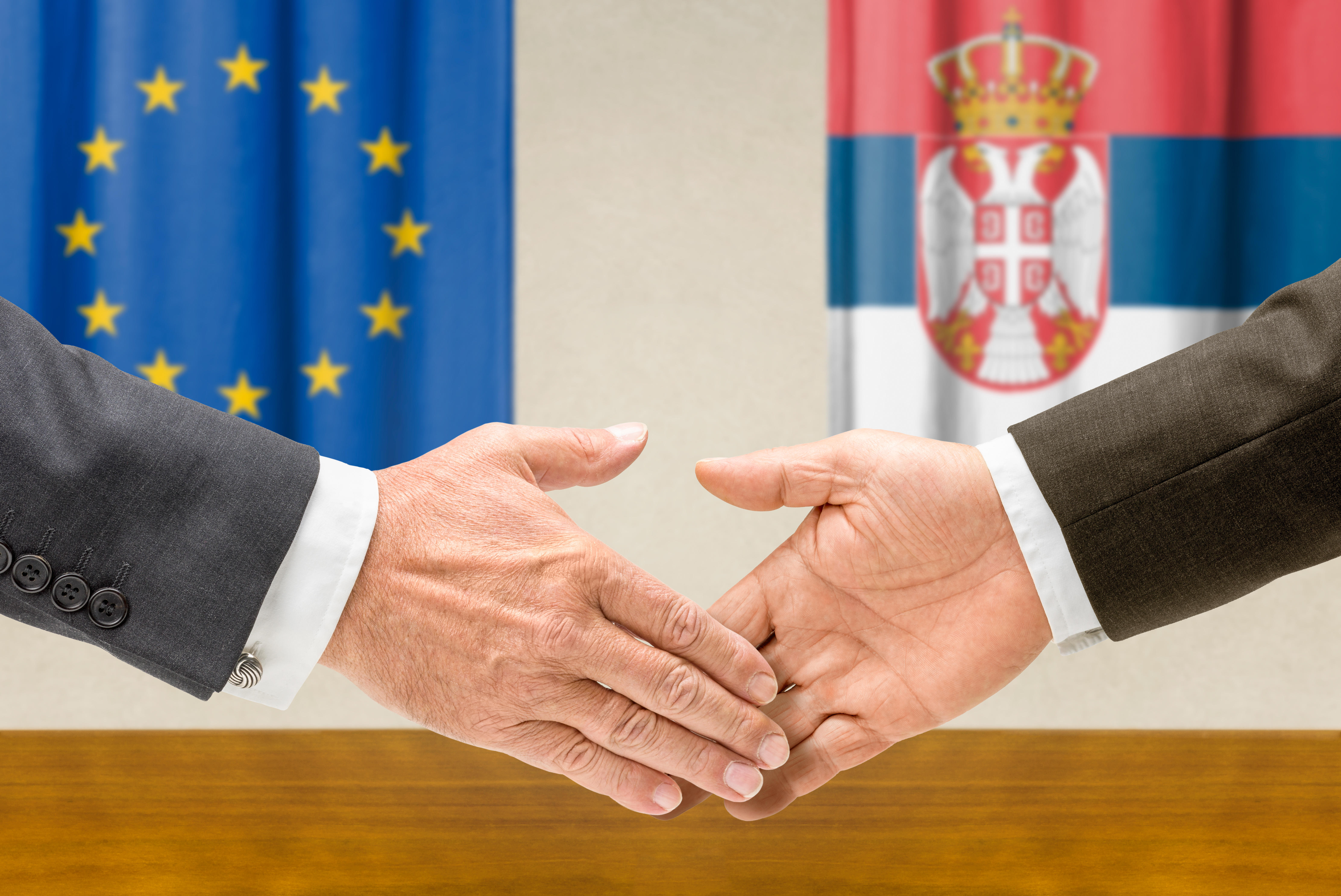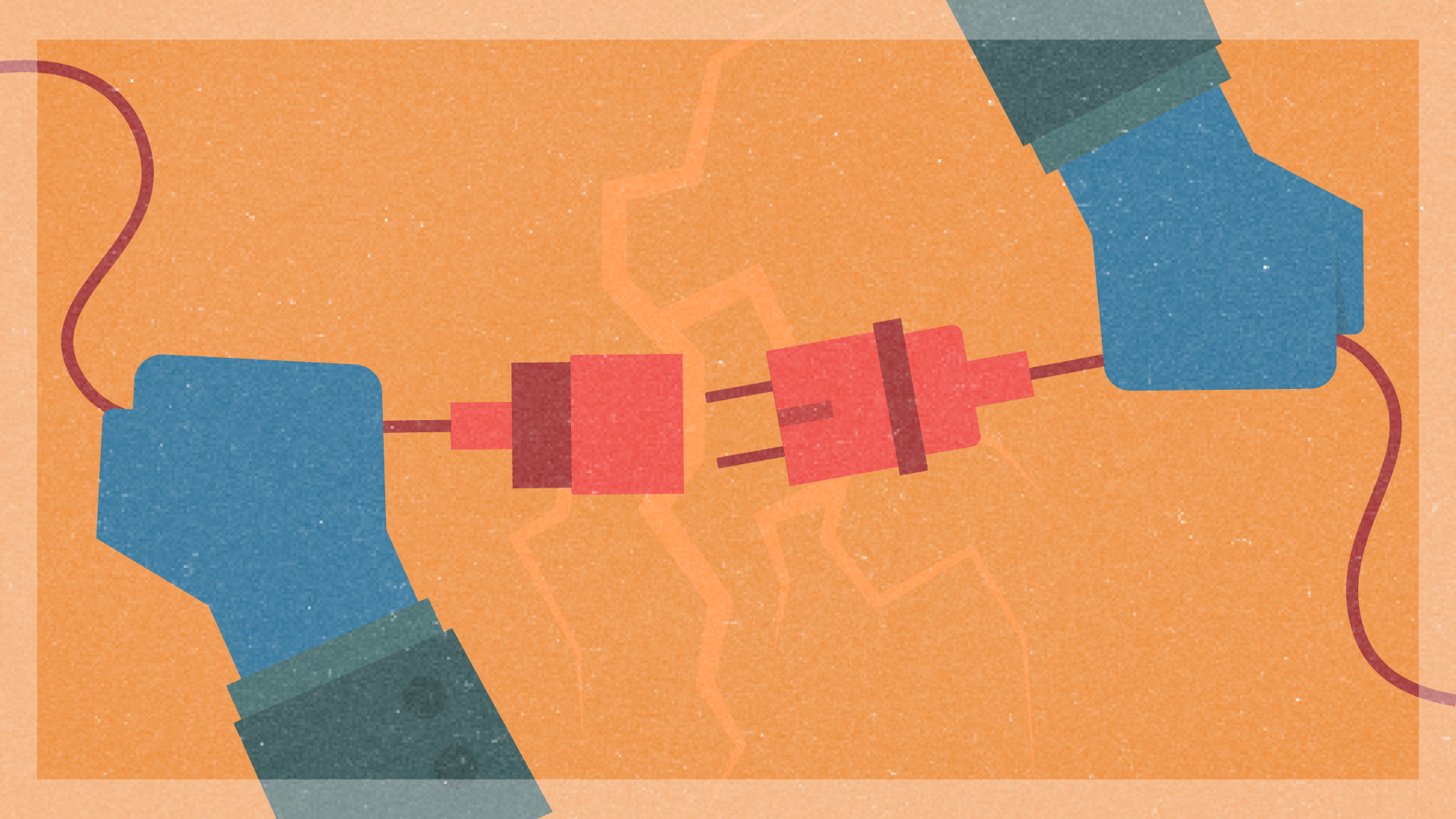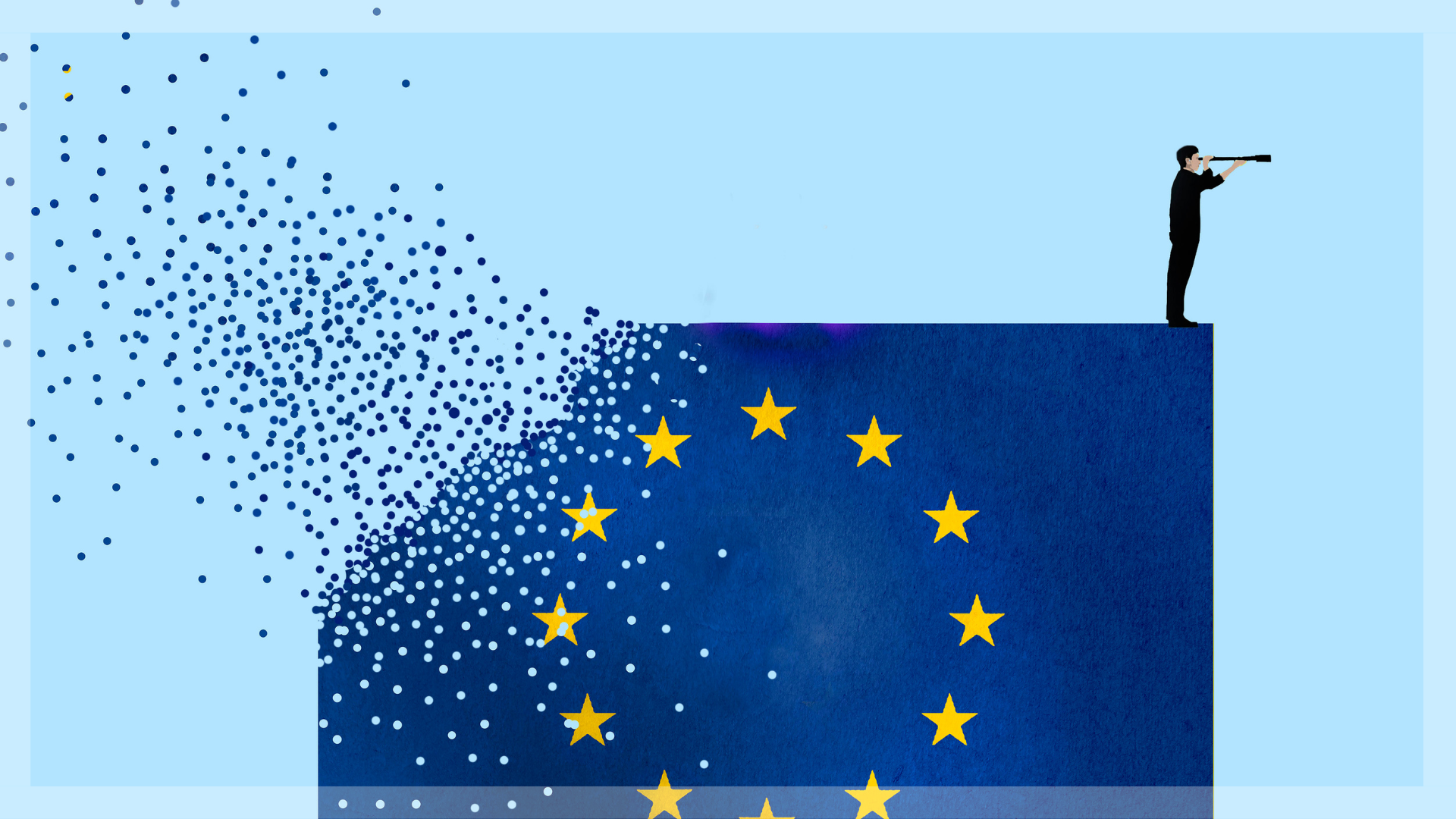The recognition of Israel naturally came with the condition that both Kosovo and Serbia relocate their embassies to Jerusalem. Kosovo took this step, while Serbia did not. The Europeans hardly waited for the upcoming free elections in Kosovo.
This was also supported by the decision of the Constitutional Court, which accepted an appeal by Kurti's party based on the fact that a deputy who had been convicted of a crime and whose immunity had not been lifted took part in the vote of Hoti's government. The decision to overthrow the Hoti government, Thaçi's trip to The Hague, and most importantly, the country's return to elections for the second time in a year, gave Kurti his comeback. In the February 2021 elections, Kurti secured a landslide election victory, with the majority of Kosovo voters giving him 50.03% of the vote, the absolute majority and the confidence to govern alone for the next four years.
For the first time, Kosovo had a prime minister who could govern alone with his own party. Kurti's promises were significant, but even greater were the hopes of the international community that there would finally be progress of the domestic dialogue, as the political wing of the KLA (Kosovo Liberation Army) - with Thaçi in The Hague and Haradinaj in opposition - was severely weakened.
Kurti, a veteran of Kosovar politics, had been a leader of the student movement in the late nineties. Arrested during the NATO bombing by Milošević and the former information minister and current Serbian president Vučić, he was released in 2001 and continued his political activities, first in civil society and then with his own political grouping.
For the first time, Kosovo had a prime minister who could govern alone with his own party.
As a radical leftist, Kurti opposed the Interim Agreement for Peace and Self-Government in Kosovo that led to the NATO bombings in 1999, the UN and EU civilian missions in Kosovo (1999-2008), and the proposal of Finnish President Ahtisaari that led to Kosovo's independence. For a decade, Kurti deemed the only solution for Kosovo to be the unification with Albania. Realizing that the idea of a Greater Albania was not feasible, he decided in 2011 to enter the Kosovo parliamentary scene. He condemned corruption but did not abandon the idea of unification with Albania, criticizing the corrupt political elite and concessions to Serbia.
A decade later, he won the election with 50% of the vote for his "Self-Determination" party. Kurti was the long-awaited change for the citizens of Kosovo and also for the international partners, especially for the German government, which had diligently helped to remove the stumbling blocks on his way to power.
But after two and a half years in government, Kurti does not seem to differ much from his predecessors: Albanians from Kosovo are emigrating massively to Germany. Nepotism and corruption continue to reign supreme, and the party dominates public institutions. During the summer months, Kosovo's media reported that the Special Prosecutor's Office is investigating 5 ministers of the Kurti government for corruption and mismanagement. These reports have not been refuted by either Kurti or Kosovo's Special Prosecutor's Office.
At the international level, talks on "normalization" of relations between Kosovo and Serbia are a priority. While Serbian President Vučić is reluctant to accept the Western plan, the Albanians in Kosovo, with Kurti at the helm, also remain cautious.
For the first time in its new history, Kosovo says "no" to its Western liberators and sponsors. Not openly, of course; a "no" to the US, Germany, France and Britain would not be enforceable. The Kosovars only hear: Kurti says "no" to the self-government of the Serbs in Kosovo. Although he had accepted the Ohrid and Brussels agreements on the "normalization" of relations between Kosovo and Serbia, neither Kurti nor Vučić have begun to implement them.
While Serbian President Vučić is reluctant to accept the Western plan, the Albanians in Kosovo, with Kurti at the helm, also remain cautious.
The Kosovar Prime Minister justified this by saying that "the agreement must be fully implemented." The Serbian president argued that "first of all, the Association of Serbian Municipalities in Kosovo must be formed," and then the other problems could be addressed. Since the EU High Representative for Foreign Affairs, Josep Borrell, and his Special Envoy for Dialogue, Miroslav Lajčák, were unable to mediate in this situation, they proposed punitive measures against the Kosovo government.
In May of this year, after the local elections in four municipalities with a Serb majority, in which only 3 per cent of the population participated, Prime Minister Kurti decided to forcibly install Albanian mayors in these municipalities. This was seen as a provocation by the Kosovo Serbs, who began massive protests that led to violence against NATO peacekeepers stationed as a barrier between the Kosovo special forces and the violent Serbian protesters in northern Kosovo.
Kurti's unilateral actions led to the imposition of punitive measures against Kosovo and thus to its isolation. Projects, and in particular European aid for the continent's poorest country, have been frozen. This new situation and the tragic game in which, for the first time, the child of the West rebels against the states that, in one way or another, had given birth to this republic, have led to considerable political tension in Kosovo.
Isolated and at the same time embroiled in a series of corrupt affairs within his government, Kurti seems to have no intention of abandoning his "clean hands" policy – despite weekly media coverage of grievances in his government -, nor does he seem to refrain from exerting pressure on the media and the Kosovo judiciary. Even more serious is the fact that Kurti does not want to keep his promise to withdraw the special police forces and the Albanian mayors from Serb-majority municipalities in Kosovo and to organize elections in these municipalities. First, he wants the EU's "punitive measures" to be lifted, and then he will act, he says. Here the EU does not seem to be ready to budge.
Kurti does not want to keep his promise to withdraw the special police forces and the Albanian mayors from Serb-majority municipalities in Kosovo and to organize elections in these municipalities.
The Americans seem to have turned their backs on Kurti, and it remains to be seen whether there will be a change following the letter signed by 50 Euro-American parliamentarians, including the heads of the foreign affairs committees of the United States, Germany, Great Britain, etc., calling on their political leaders to no longer consider Serbia as a the key factor for the troubles in the Balkans but as the main partner for peacemaking on the peninsula.
There is a possibility that the foreign policy of the EU and the US towards Serbia will not change even after this letter. The attitude of the US and the West towards Serbia has always remained unclear, ambivalent at best. On the one hand, the country was and is considered a candidate for membership of the European Union and should therefore theoretically be subject to the same harsh conditions and instructions that apply to all other candidate countries.
On the other hand, it is conceded that it presents the devastating nineties in a completely different light than all its neighboring countries, that it does not really recognize the results of the wars and that it maintains autocratic conditions at home that would not be tolerated in any other accession country. Serbia is seen as a troublemaker, and at the same time, it is considered a potential stability factor because of its relative size and strategic importance.


